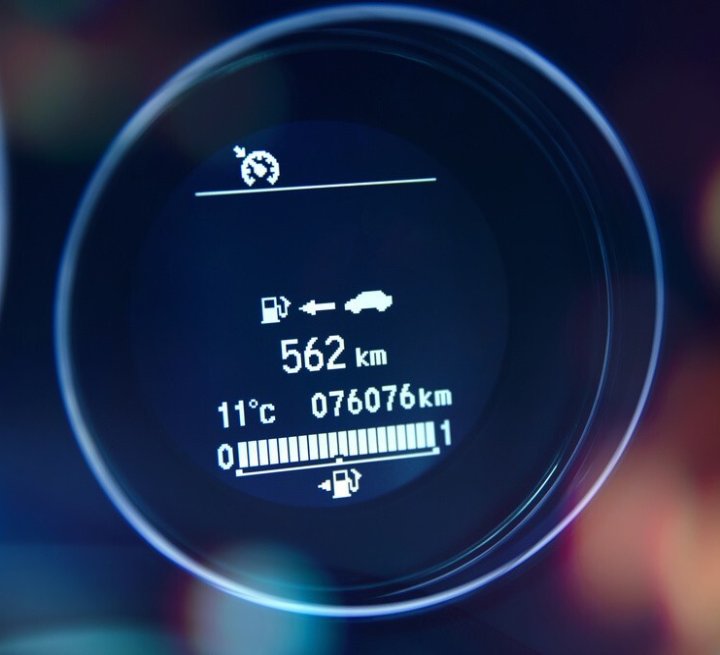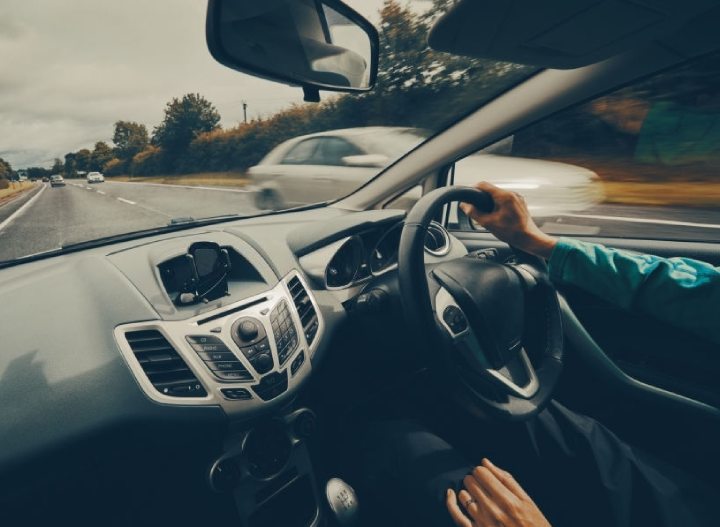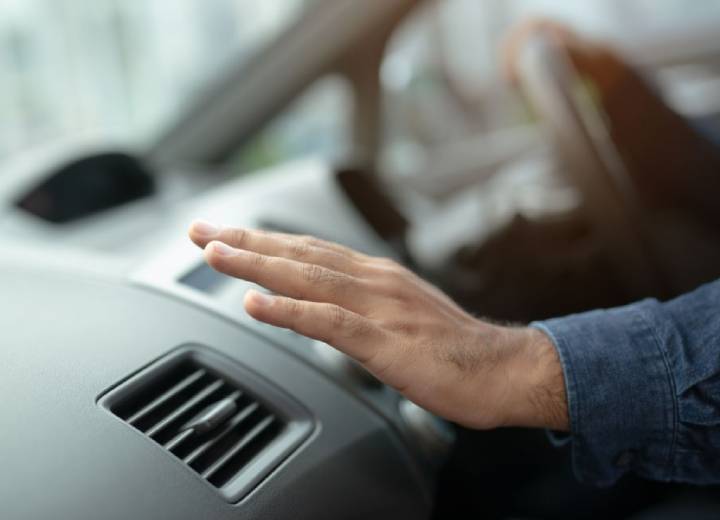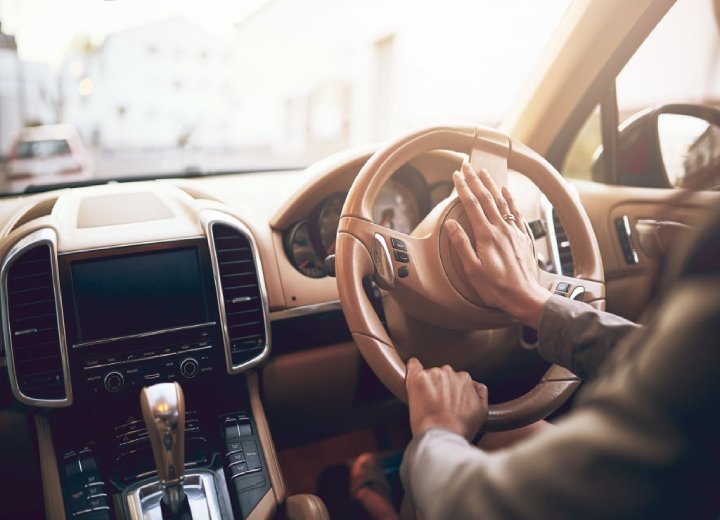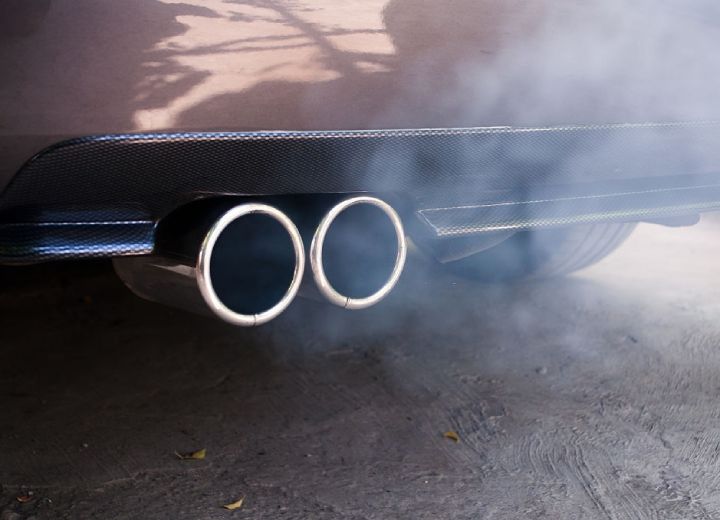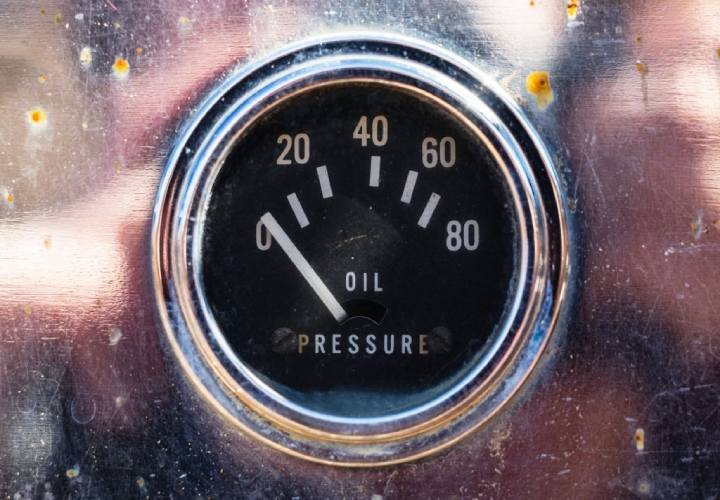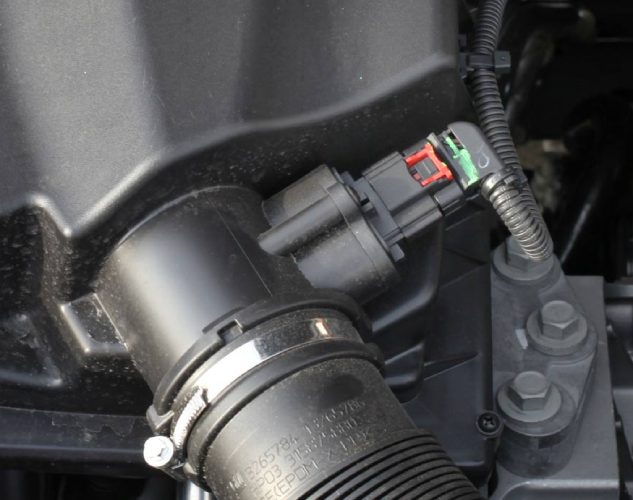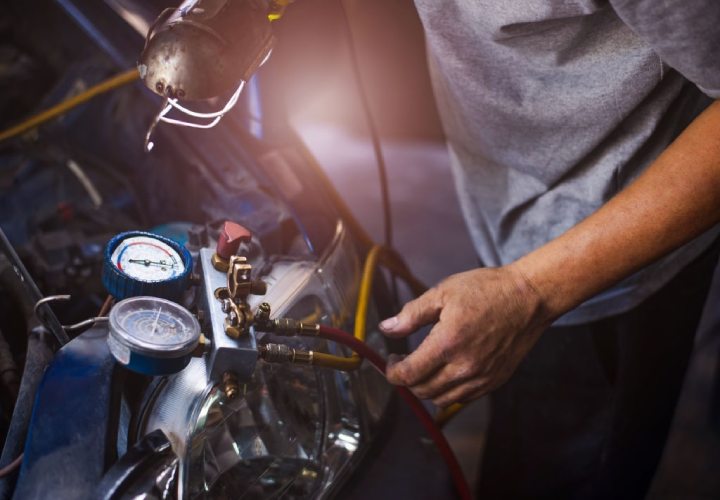Car recalls are not a strange occurrence. It is an action taken by the vehicle manufacturer to ensure safety is assured. If your car is recalled, this is not a disadvantage but a safe action as cars are only recalled when they do not meet the standard requirements.
However, some car owners might not keep up to date with their car’s manufacturer recalls and might find themselves in a confusing situation. They might be wondering whether the vehicle recalls expiring or potential charges when the car is presented years after the recall announcement.
The manufacturers are obligated to take care of the issue by repairing it, replacing it, or providing a refund.
Most car recalls do not have an expiration date. If your vehicle is one of the affected cars that were recalled and you find out about the recall a long time after the issue, even years later, you can still take your car to the nearest dealership of your brand to have it fixed. However, a recall might expire in certain scenarios.
- What automakers have the most recalls?
- How long do recalls stay active?
- How do I know if the recall for my car has expired?
- What do I do if my car is recalled?
- Can I get in trouble if I don't take my car in for the recall?
- Do I need to pay for the repair if the recall expires?
- Can a dealer refuse to fix my car if it has been recalled?
- Do all cars get recalled?
- Conclusion

Here are the two main scenarios when a recall might become invalid:
- If the manufacturer closes down, it might be impossible to benefit from the recall. If this happens, you can consult your mechanic to perform the repair or replacement if the part is still on the market.
- If the manufacturer stops producing the part that needs to be replaced. If the recall was issued on an old model, this could occur.
What automakers have the most recalls?
According to a recent report from NHSTA, here are the manufacturers with the most recalls in 2022:
- Ford Motor Company
- Mercedes-Benz
- Volkswagen
- Daimler Trucks NA
- Chrysler
- Hyundai
- Forest River
- Tesla
- Keystone RV
- Kia
- General Motors
- Jayco
Below, you can see a pie chart with each automaker’s number of recalls so far.
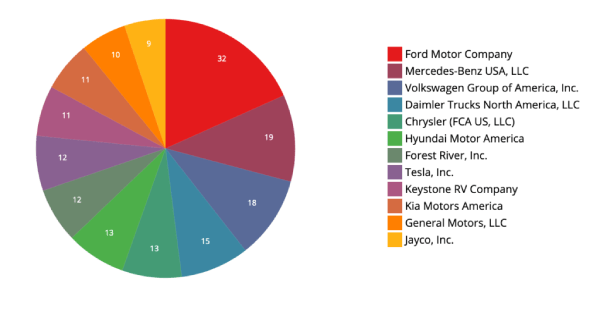
How long do recalls stay active?
There is no time limit for a recall to stay active. Car owners can benefit from a recall even after 10 to 15 years of purchasing the car. Although recalls are primarily free, there are conditions attached to them.
- If the recall involves a tire issue, the manufacturer does not take responsibility for the repair cost after 60 days. Please note that this does not apply to all automakers; hence it’ll be best to confirm with your brand first.
- If you take in your car for the recall 15 years after the date of purchase, you might have to pay for the cost of repairs.
Therefore, taking your car in immediately when the recall is issued is the best, as you can benefit from the full service offered by the automaker. You do not only benefit financially but in terms of safety as well.
How do I know if the recall for my car has expired?
The recall for your car only expires if the manufacturer closes down or stops making the affected part. The first thing you should do is check if the manufacturer is still operating. If the automaker is still in operation, the next thing is to check if the part needed is still in production. This might be a little bit difficult to get via an online search.
The easiest way to find out information about a possible recall for your vehicle is by using the NHTSA website. Their website allows you to input your VIN, and it will show whether or not there are any active recalls for your car. You can also contact them on their hotline.
Another method to find out if your car is still qualifying for a recall is to visit your local dealership. They will use the Vehicle Identification Number (VIN) to identify if your vehicle has any issues that were part of a recall by the automaker.
What do I do if my car is recalled?
If your car is recalled, you should read the notification sent to you by the manufacturer. The automaker will notify you via a letter sent where the vehicle’s address is registered.
The notification will contain actions that must be taken to benefit from the recall. In most cases, you are advised to call the dealer in your area and set up an appointment for the repair or the replacement.
Manufacturers that issue recalls are obligated to either repair the car, replace the vehicle or give a refund with depreciation value deducted. However, most of the time, they will be able to replace the part that is considered problematic.
You should then go for the repair immediately because the company does not lightly issue a recall. Even little defects might be significant when your safety and the public are concerned.
If you have repaired the defect before going for the recall, you are entitled to a refund on the repair cost. Car recalls guidelines differ for each brand and the type of defect being addressed; hence, you should check with your brand to know how to go about your recall at your local dealership.
Can I get in trouble if I don’t take my car in for the recall?
No, you will not be in any trouble, but you might endanger yourself. A recall is not just for your safety but the safety of other drivers on the road and pedestrians by the roadside. Your car could lose control due to a defect addressed in the said recall and cause an accident.
For example, there have been recalls addressing faulty electrical parts which could cause a fire. While no law can prosecute you for not taking the car in for a recall, you should always respond to any automaker recalls.
Your safety is at stake at the end of the day, and the recalls will cost you nothing.
Do I need to pay for the repair if the recall expires?
In cases where the recall becomes invalid, you will have to pay for the repair cost. If you take your car for the recall about 10-15 years after you purchased the car, the terms of the recall might not apply to you anymore; hence you might have to pay for the repairs.
If your car’s manufacturer is no longer in business or has stopped producing the part needed, you might have to pay for the repair at a mechanic’s workshop.
Can a dealer refuse to fix my car if it has been recalled?
Your dealer might refuse to fix the recall if the recalled part has been damaged by something else entirely. In other cases, a recall might be refused if the cars have been damaged badly and repaired. These cars are labeled as salvage, and the dealer reserves the right to refuse recalls to such vehicles.
A recall might also be refused if it does not apply to your state. To overcome this exemption, you can visit a dealership in a different state. If the recall involves a tire issue, the dealer might refuse to repair it for free if it is past the stipulated amount of time for tire recalls (60 days).
Do all cars get recalled?
No, not all cars get recalled. However, it’s important to note that you should still keep up with regular maintenance and safety checks even if your vehicle hasn’t been recalled.
Conclusion
It is important to note that vehicles are only recalled when there is a present defect that might compromise the driver’s safety and the public. You should not be bothered about the cost of any replacement or repairs as the manufacturer handles this free of charge as long as the recall is still valid.
Therefore, you should go in for the recall immediately when it is issued. Only dealerships can take care of a recall for free; hence if you repair a recall issue elsewhere, it’ll be at a charge to your pocket.
My name is Jeffrey Williams and I have been a car mechanic for over 35 years. I am currently working NYC Auto Repair Shop, in New York City and recently developed a strong passion about blogging. I decided to put together this blog where I will try and answer the most commonly asked questions I get on a daily basis from my customers.

